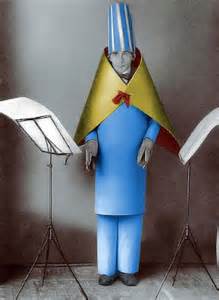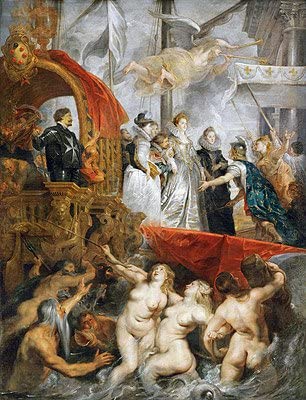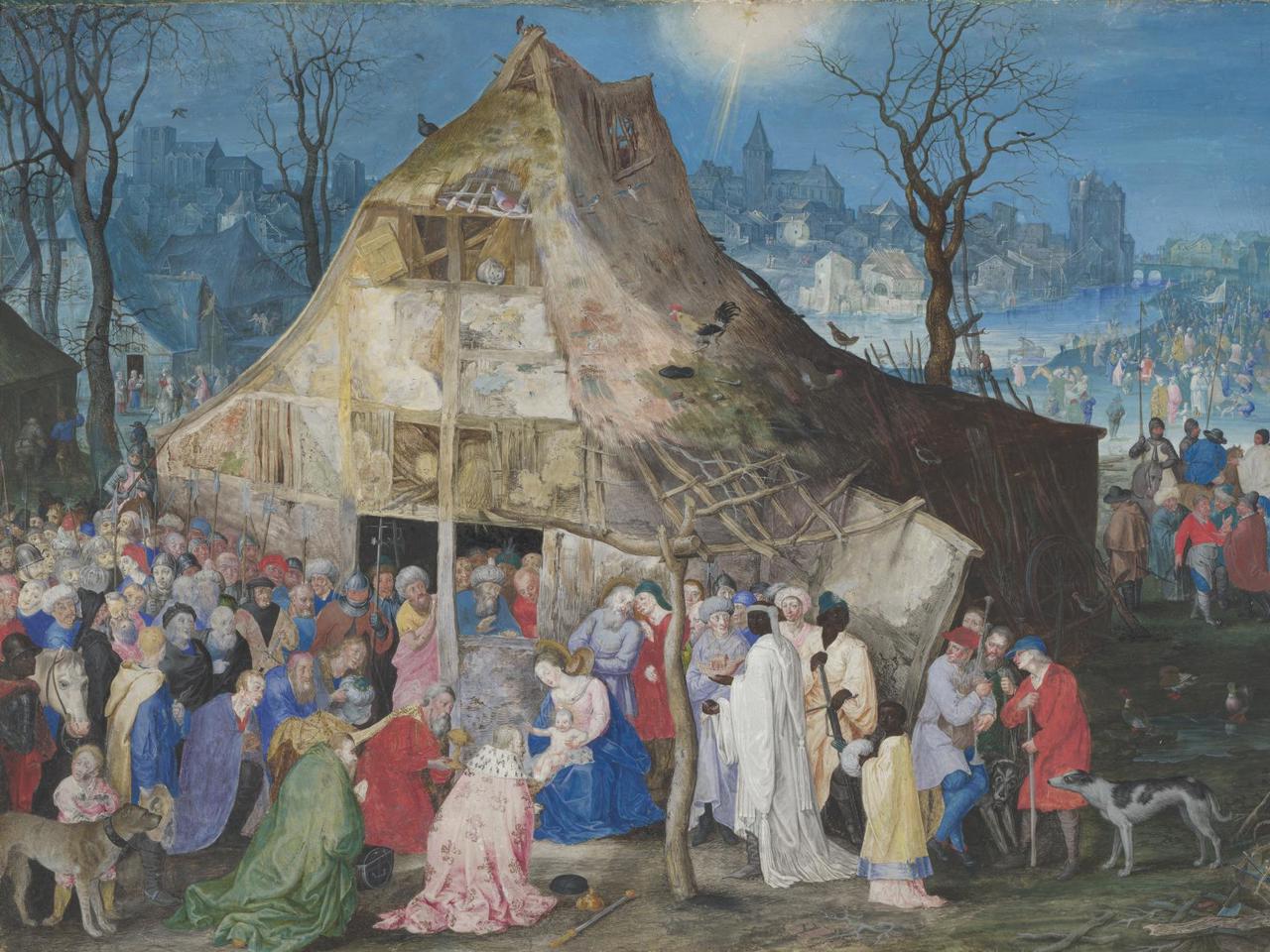Humorage à Picasso
Roger Vitrac (1899-1952)
Humorage à Picasso
Et vive le pinceau
De l’ami Picasso!
- Apollinaire
Cet arbre fait comme un tombeau,
Cet astre comme un numéro,
Ce soleil comme un escargot,
C’est Picagot.
Ce journal ni joli, ni beau,
Cette sciure de gâteau,
Ce double sein comme un étau,
C’est Picétau.
Ces cheveux poussant dans un pot,
Cet œil pareil aux culs d’oiseaux,
Ce marétal porte-marcheau,
C’est Picacheau.
Ce mou, ce dur, ce matériau,
Moulé, pompé comme la chaux,
Colorié à coups de plumeau,
C’est Picaplo.
Ce dos, ce pal, ce paletot,
Ce récit mis comme un fardeau
Sur la tartine de Toto,
C’est Picato.
Ce sol tout nu, ce ciel sans os,
Cette baigneuse comme un gigot,
Et ce cheval comme un sabot,
C’est Pisabot.
Socrate au torse de fourneau,
Divisant le diamant des eaux
Pour l’épingler dans un tableau,
C’est Pitableau.
L’allumette épinglant le faux,
La faulx imitant le râteau,
Pour peindre un rire à l’Otéro,
C’est Picaro.
Enfin,
Napoléon changeant de peau,
La peau changeant de poils labiaux,
Et les poils changeant de pinceau,
C’est Picasso!HUMORAGE TO PICASSO
Our pal Picasso,
Long live his brush-oh!
Pirate and corsair,
Here’s to his horsehair! [Apollinaire]
This star like a digit,
This tree like a tomb,
This sun like a mollusc,
Picasso, that’s whom!
This nondescript newsprint,
Twin screw-clamp bazoom,
This gateau-crumb sawdust,
Picasso, that’s whom!
This plant-pot with hair on,
Eyes like a bird’s bum,
Top brass-knocker’s knapsack,
Picasso, fo fum!
This soft stuff, this tough stuff,
Touched up with a broom,
Pump-grind it to lime-sludge,
Picasso, that’s whom!
This topcoat, this back-stick,
This talk, spread like lipstick
On small buttered biscuit –
Picasstic!
This boneless sky, bare leafless view,
Beach-beauty like a lamb jigoo,
This horseflesh like a wooden shoe –
Picashoo!
This Socrates, stove-torso,
Splits diamond-ice from water
To prick a picture-pableau,
Picorso!
This matchstick pricking a mistake,
This scythe that imitates a rake,
To paint a laugh on Frou-Frou – who?
Picuckoo!
Last verse
Napoleon’s fresh husk-oh,
Fresh husk on the nap-oh,
Fresh nap on the brush-oh,
Picasso!On the wall in Surrealist Art, Hayward Gallery, London, 2006.
Translation: Copyright © Timothy Adès

 Nerval imagines a Rubens picture like this actual one of Maria de' Medici arriving at Marseille in 1600 (in Rubens's lifetime) to be Queen of France.[/caption]
Nerval imagines a Rubens picture like this actual one of Maria de' Medici arriving at Marseille in 1600 (in Rubens's lifetime) to be Queen of France.[/caption]